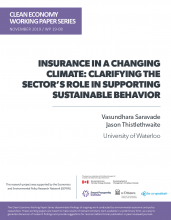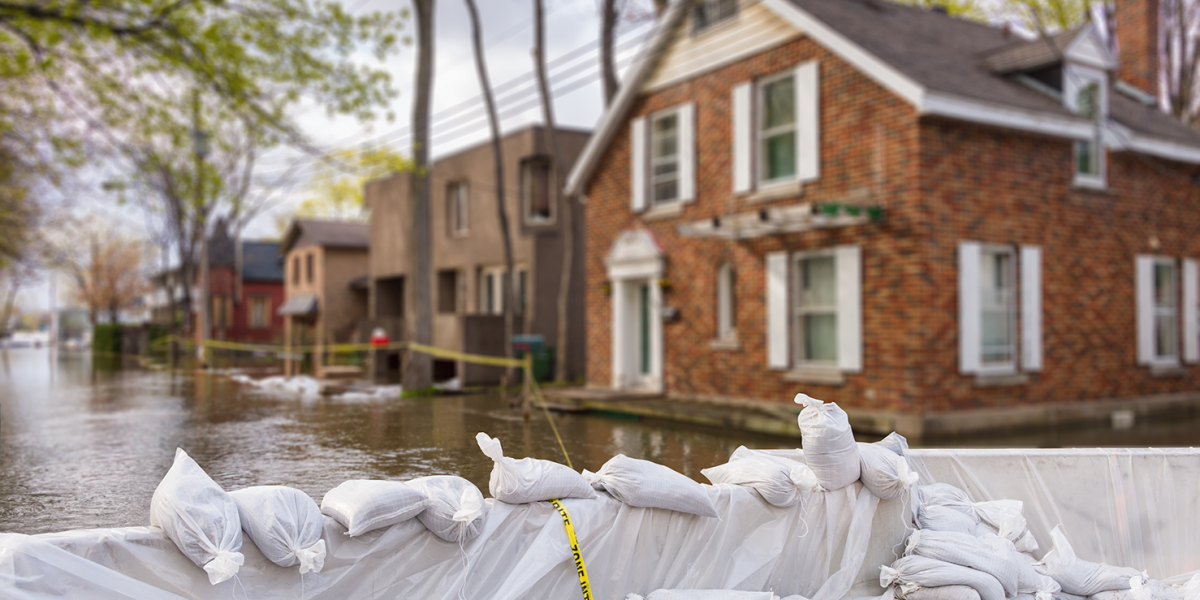January 6th, 2020
Traditionally, insurance has supported individual risk mitigation through incentives that allow customers to do so in a way that is proactive rather than reactive. For example, raising premiums can signal to a property owner that they should invest in risk mitigation to receive a lower premium. More recently, the sector has started to explore the role it can play in influencing behaviour beyond strict risk mitigation, such as the reduction of greenhouse gas (GHG) emissions. This behaviour that generates lower risk for insurers while promoting sustainability among customers has been described as the “halo effect” in insurance.
The scope of this working paper looks to explore whether there is evidence of a “halo effect” in the insurance industry involving both a narrow definition of an indirect relationship between behaviour and risk profile, as well as the direct relationship between “green behaviour” and risk. The brief finds that although there are certain specific examples of the “halo effect”, it is not a uniformly applicable phenomenon that can be generalized for the entire industry.
You can read the full paper here.
The Clean Economy Working Paper Series disseminates findings of ongoing environmental and clean economy work conducted by researchers from a range of disciplines. These working papers are meant to make results of relevant scholarly work available in a preliminary form. Although these papers have not undergone a peer-review process, they meet general standards of scholarly excellence. The views expressed in these working papers are those of the authors and do not necessarily reflect the opinions of Smart Prosperity Institute.





